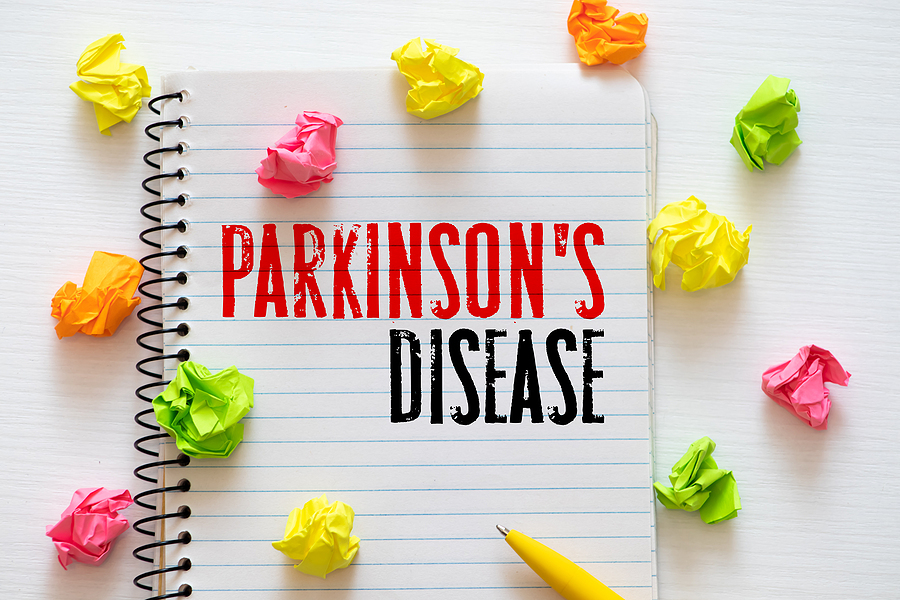April is Parkinson’s Awareness Month

About Parkinson’s Disease
Parkinson’s disease is a brain disorder that gets worse over time. It causes shaking, trouble with walking and balance, stiff limbs, and slow muscle movement. According to the Parkinson’s Association, almost one million people in the U.S. have Parkinson’s, and it’s expected to affect 1.2 million by 2030. It is the second most common brain disorder after Alzheimer’s. Every year, 90,000 Americans are diagnosed with it, and over 10 million people worldwide have the condition. The risk goes up as people get older, but some people get it before they are 50. Men have a higher chance of getting Parkinson’s than women.
There are two types of symptoms for Parkinson’s: motor and non-motor. Motor symptoms are things like slow movement, shaking, stiff muscles, and bad balance. Non-motor symptoms include feeling sad, not being able to smell, constipation, and intense dreams. Usually, non-motor symptoms happen first.
Doctors don’t know what causes Parkinson’s yet, but they’re learning more about how it affects the brain. Brain cells called neurons make a chemical called dopamine that helps control movement. To diagnose Parkinson’s disease, doctors look at a person’s medical history and do physical and neurological tests. Blood tests and imaging tests can’t confirm it but might help rule out other issues. There is no cure for Parkinson’s yet, but treatments can help manage the symptoms for a long time. Medicine and surgery can be used to treat Parkinson’s and other similar conditions.
Parkinson’s Disease San Diego Resources
In the vibrant city of San Diego, you’ll find an amazing array of organizations wholeheartedly devoted to assisting individuals impacted by Parkinson’s in achieving their fullest lives. Among them are the esteemed Parkinson’s Association of San Diego, the cutting-edge Altman Clinical Translational Research Institute UCSD Movement Disorder Center, and the renowned Sharp Health. Additionally, an array of supportive groups.
Griswold Home Care for North San Diego specializes in connecting individuals with Parkinson’s or other neuromuscular conditions to experienced, compassionate caregivers for in-home care services. This allows those affected to maintain their independence and dignity, as they may struggle with daily tasks such as walking, dressing, and getting in and out of bed.
Subscribe
Date: April 5, 2023